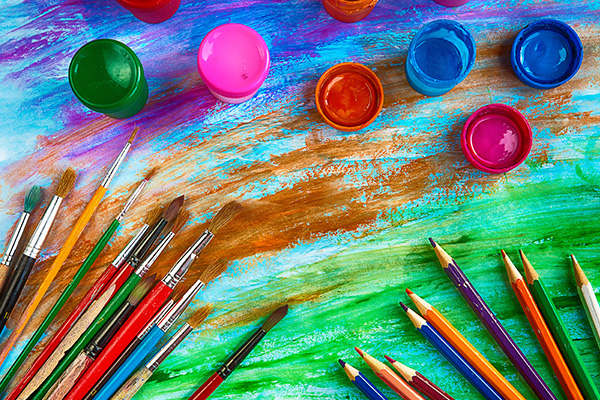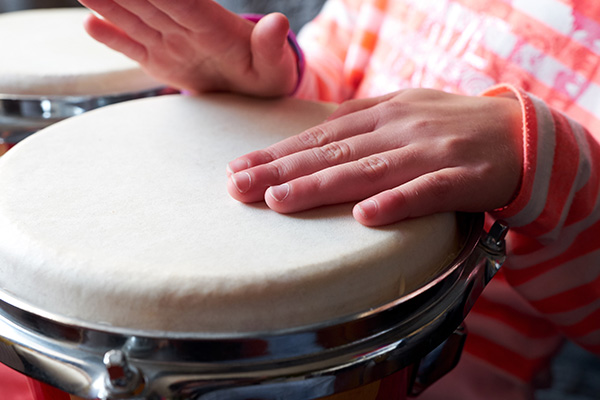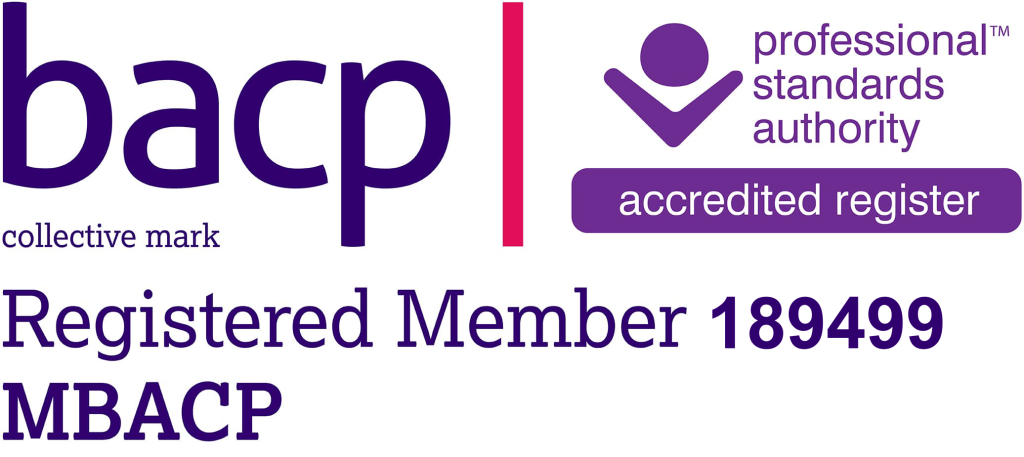Abuse, adoption, anxiety, attachment, autism, bed wetting, bereavement, bullying, cultural issues, delayed development, eating disorders, fostering, loss, low self-esteem, nightmares, OCD, self-harm, trauma.


Play Therapy provides a vehicle for self expression. It often increases confidence, builds trust and raises insight and understanding of the self. Play is the most natural form of communication for a child to make sense of their world, especially if they have experienced trauma and are unable to communicate verbally. There are many creative mediums used in play therapy – sand, clay, art, therapeutic stories, music, toys, games, puppets and more. These mediums are available to children to help them to connect with their feelings. Traditional “talking” therapies are often unsuitable for children who cannot (or perhaps will not) talk about their thoughts, feelings, behaviours and the difficulties they experience. The benefit of play therapy comes from allowing children to do what they do best – PLAY – in a safe and supportive environment with a Therapist who can share, reflect on, guide and understand the verbal and non-verbal insights given by the child during a play session. This allows the Play Therapist to help the child to understand their thoughts, feelings and behaviours, make sense of them and develop strategies for change where this is appropriate.


